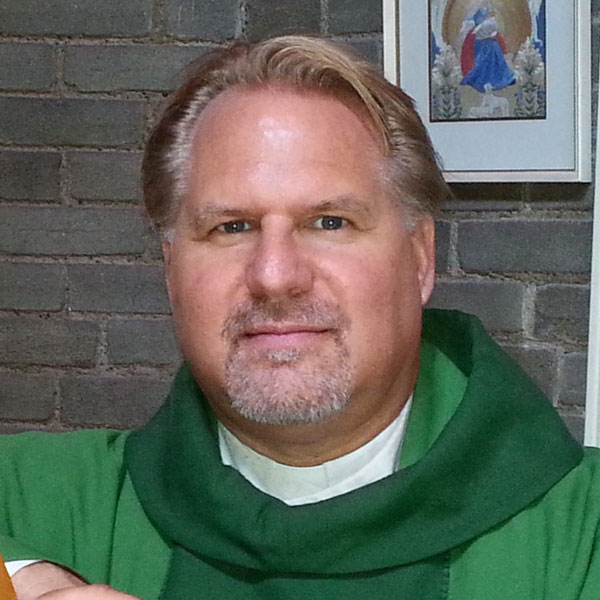Prison Ministry
This issue of The HighWay shows the many ways we have changed as a Diocese and as a church in the last 60 years. It’s understandable to see ourselves primarily on the receiving end of change. However, it’s important to remember that we have also been agents of change, actively transforming the people and communities around us.
Our ministries in the public square have greatly influenced and changed for the better many institutions with whom we’ve had long and significant relationships. Our connection to the criminal justice system is just one example. After more than a decade of serving in a maximum-security prison, I’ve come to recognize the gospel at work there, in a secular guise. The vocabulary may be different, but our presence in word and deed has sprouted modern rehabilitative practices rooted in humane and compassionate care and the provision of healing measures and hope-filled resources.
The scriptures set forth ancient wisdom for living together in just and peaceful ways, and for confronting, healing, and repairing relationships when things go awry. The gospel insists that every human life, no matter how troubled or distorted, has value and worth, and is never beyond forgiveness, healing, and redemption. Jesus said, “A sower went out to sow seeds. Some fell on rocky ground, …” These ideas are seeds of the gospel we have scattered far and wide.
While the church is less visible in prison today, I would argue the seeds we scattered over many decades are now inspiring healing practices, in secular forms, that clearly align with the gospel. Here are three tiny seeds – three Words of God – that I see increasingly taking root within correctional centres in BC today: agape, metanoia, and koinonia.
Agape: “Hurt people hurt people.” The goal is to heal the hurt, so the urge to hurt others is removed. On the inside it’s called “Trauma Informed Practice,” but to me, it’s clearly a secular form of “agape” – the selfless, open, respectful, costly love of neighbour – and an attempt to practice “thou shalt not judge.”
The refrain, “Hurt people hurt people,” is taught in prisons and often repeated by correctional staff, expresses the lens through which we are to view working with these challenging and volatile clients. This posture towards offenders urges us to see the human person before us, rather than some less-than-human “other” that is beneath dignity and respect.
Metanoia: “Restorative Justice.” It is, I believe, a secular expression of “metanoia” — the gospel call to “repent” – to change one’s mind and actions, seek reconciliation, and become a changed person for the better.
This approach sees crime as the breaking of right relationships, and rather than focus on punitive retribution, it invites the offender to take personal responsibility for their actions, to understand the harm they have caused, and when appropriate, to personally apologize and make amends. It also provides victims with an active role to empower and aid in their healing.
Koinonia: “Therapeutic Communities and Right Living Units.” Not unlike a monastery, residents agree to live by a personal and communal “Rule of Life.” Their time is divided between study, work that benefits the community, private counselling, and personal recreational time.
Every provincial correctional centre has at least one unit where the inmate’s intentional focus is on personal responsibility, healing, and learning with others in community.
Right Living Units use rituals to structure their day: communal meals, a talking circle early in the morning, group reflection on a word or phrase of the day, followed by an affirmation, or a smudge, or a prayer. In the evening, a talking circle, with time to reflect on the day’s events and emotions, closing each night.
I believe that, at their best, the quality of communal and personal relationships found in these units can be described as “koinonia.” The Christian understanding that we need each other to heal and grow, and that living in community leads to self-discoveries and skills for making and keeping right relationships that we cannot learn without each other, appears here in secular garb. I’ve known more than a few inmates who did not want to be released, after serving their jail sentence, because they have nowhere to go on the outside that is like this kind of loving community.
There is much change in our church today, and often it feels like a loss; but we should celebrate because we have also caused much change that is good in the world over the years. That change is right, and healing, and life-giving for many who live on the margins. Here’s to continuing to scatter those gospel seeds, come what may, in the Kootenays and beyond.




